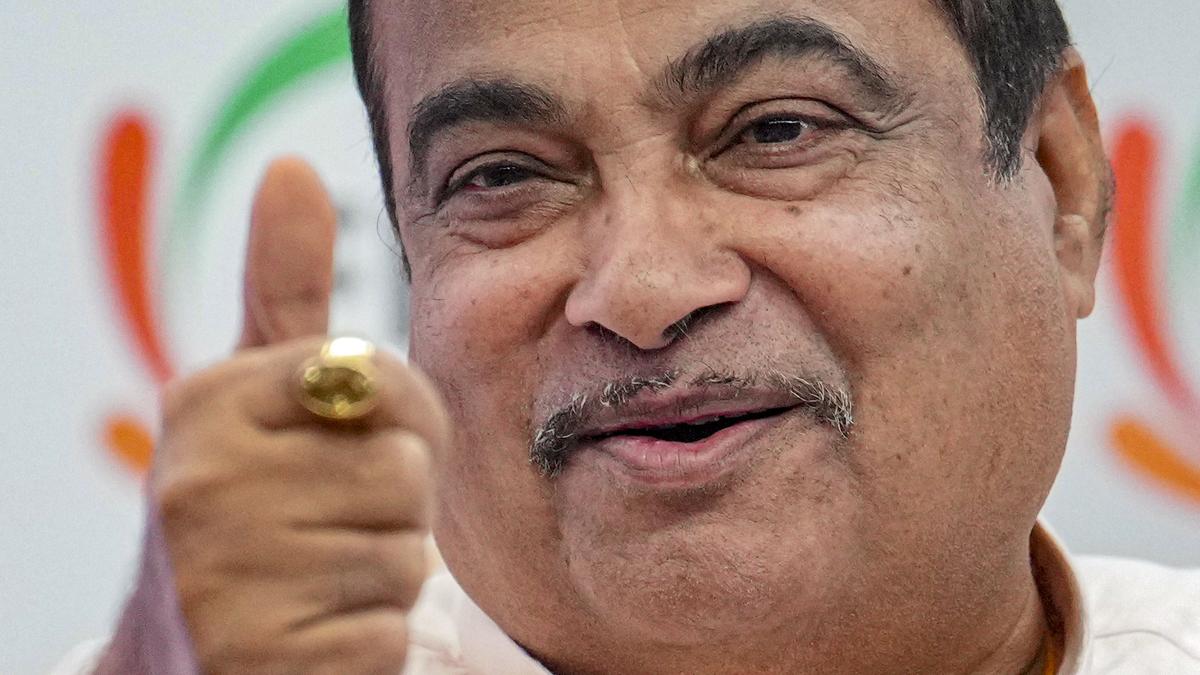 |
|
The automotive industry in India is witnessing a pivotal shift towards electric vehicles (EVs), fueled by falling lithium-ion battery prices and government incentives. Union Minister Nitin Gadkari, responsible for Road Transport and Highways, has optimistically predicted that EVs will reach cost parity with their gasoline and diesel counterparts within the next two years. This statement reflects a growing confidence in the future of EVs in the Indian market.
Gadkari's remarks, delivered at the annual session of the Automotive Components Manufacturers Association (ACMA), highlight the potential for a significant change in the automotive landscape. While acknowledging the potential benefits of continued subsidies to accelerate EV adoption, he emphasized that EVs are now financially viable without them. This suggests a shift towards a more sustainable and market-driven approach to EV development in India.
Despite this positive outlook, the rate of EV adoption in India has not been as rapid as anticipated. A research report by CMSR Consultancy revealed that consumer interest in companies transitioning to EVs is indeed growing, particularly in cities like Pune and Mumbai. The report found that a substantial portion of the population in these cities is inclined to purchase from companies embracing electric mobility, indicating a growing awareness and preference for eco-friendly options.
The study also highlighted a generational divide in consumer preferences. Individuals aged 31-40 were the most likely to favor companies transitioning to EVs, demonstrating a potential link between younger generations and a growing concern for environmental sustainability. However, it's important to note that the research is based on a relatively small sample size of 3800 people in just 10 cities. While the findings provide valuable insights into consumer sentiment, a larger sample size would offer a more comprehensive and accurate representation of national trends.
In conclusion, the Indian automotive industry is on the cusp of a significant transition towards electric vehicles. While the pace of adoption may vary across different regions and demographics, the overall trend points towards a growing demand for sustainable transportation options. As battery prices continue to decline and consumer preferences shift, the future of EVs in India appears bright. The government's role in fostering a supportive environment for EV development, along with industry collaboration and public awareness initiatives, will be crucial in driving this transition forward.
Source: EVs to reach cost parity with ICE in 2 years: Gadkari
